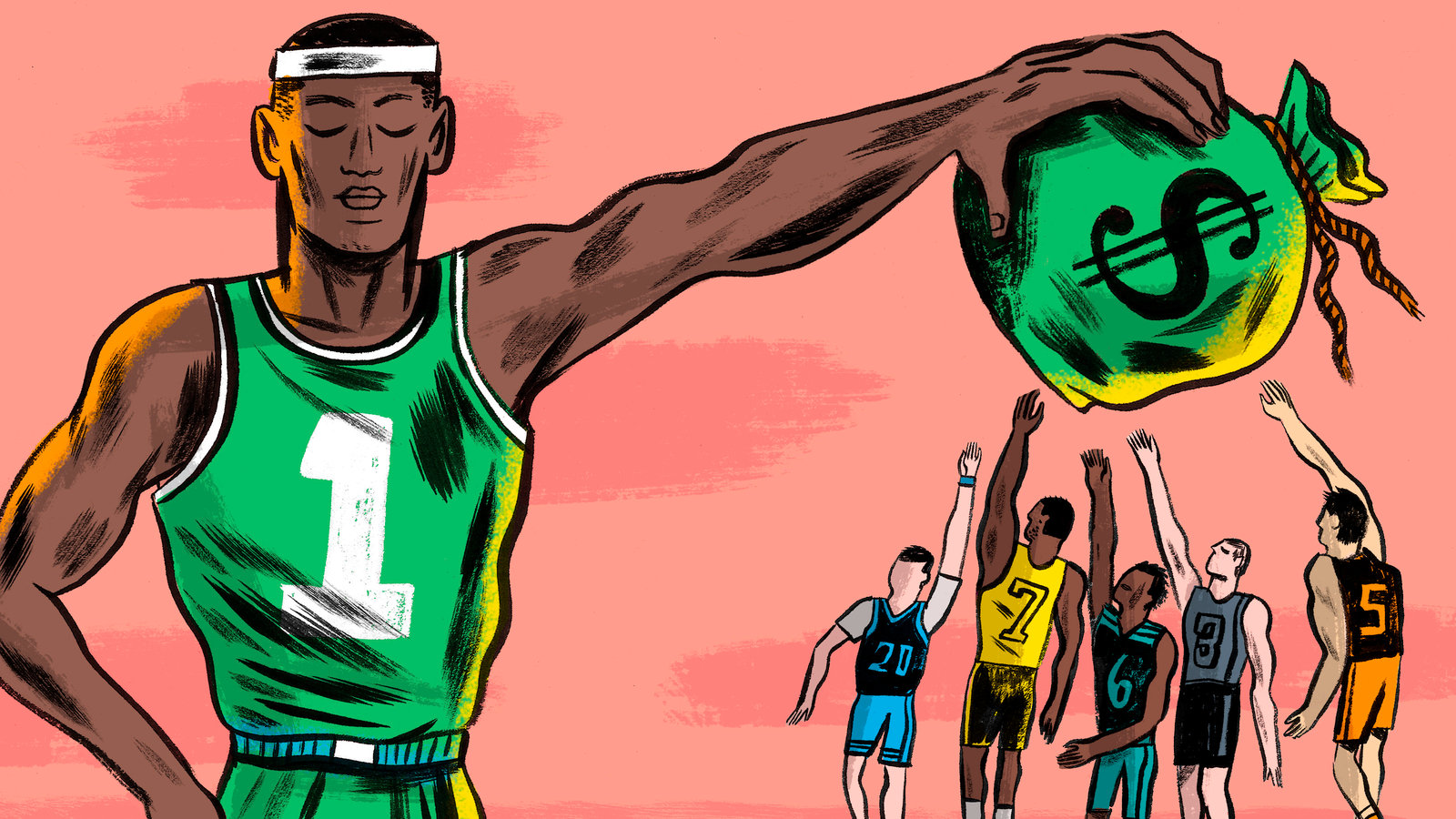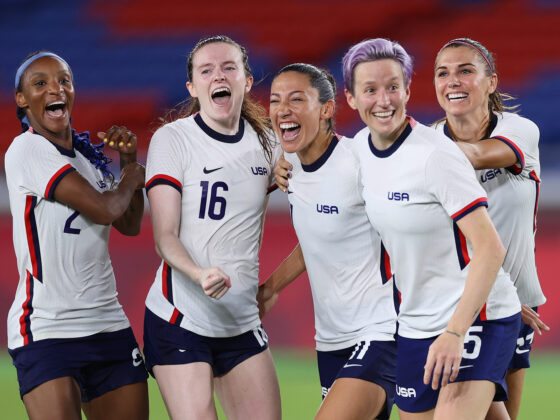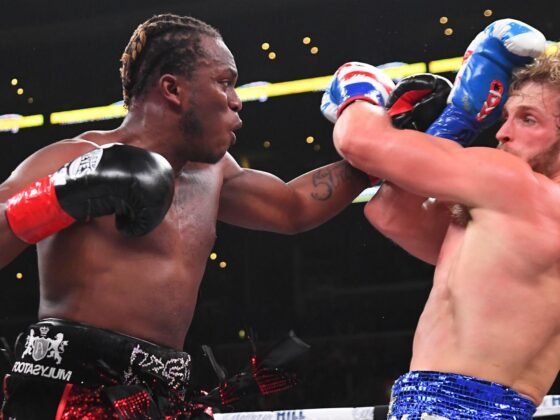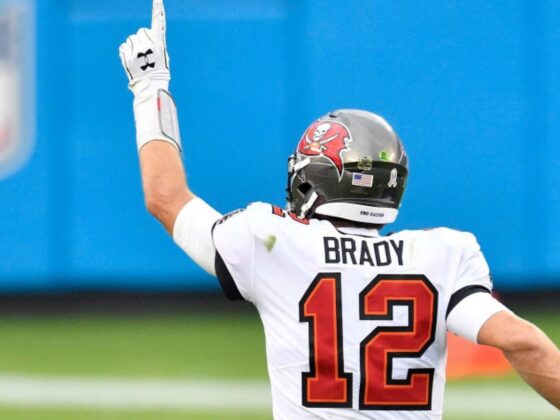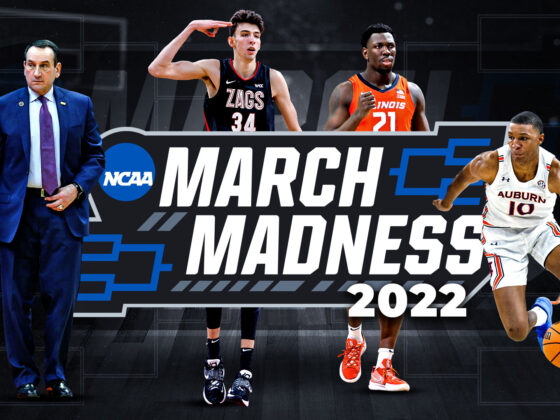There’s no need to complicate matters before athletes go pro.
There has been a growing controversy throughout the last few decades concerning the idea that student-athletes have been paid off by various sources for excelling in their sport. While some deny this happening, others are adamant that this highly illegal practice does take place. It is believed that this kind of activity is kept quiet in order to avoid being boycotted, and to keep the athletes under the control of those paying. The veracity of such claims is always in dispute, but one fact remains quite obvious despite the motivations behind the act. Student-athletes should not be paid to participate in sports.
Student-athletes are still ‘students’
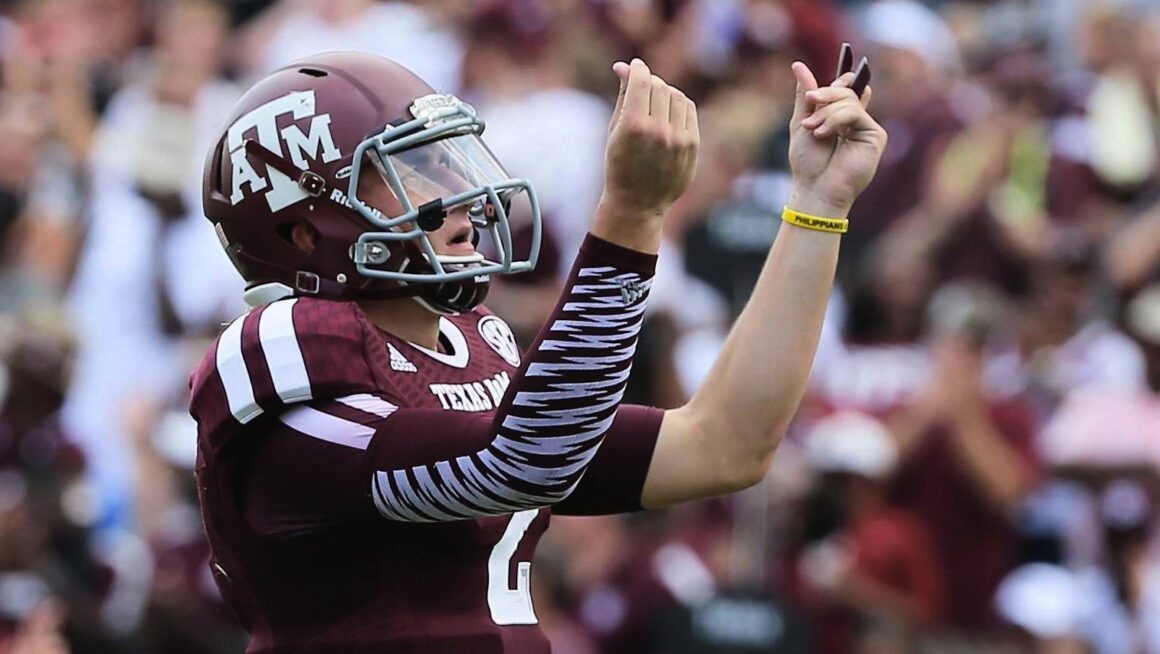
There are arguable reasons why people would believe that college athletes should be paid, and they are reasonable enough to make sense. For instance, many college athletes spend more time perfecting their technique and methods for their given sport than many people do at their regular jobs. This type of dedication seems to imply that the student-athlete is more than just an athlete looking to impress their coaches and potential scouts. In this manner, it might make sense to allow them to make a healthy wage or salary due to the hard work and effort they are putting in.
However, the reasons against this are many. Not only has the NCAA forbidden the act of paying a student-athlete based on their level of play, but the organization will actively boycott any college that is caught paying their athletes. There are several people who hold onto the belief that refusing to pay student-athletes is immoral and that the coaches and the organization profit greatly from the hard work of their athletes without having to share (Edelman, 2014). The idea of paying a student-athlete is one that has sparked many a debate as to why students should not benefit from their hard work and effort. What many people do not or refuse to see however is that paying student athletes is both impossible as well as intolerable.
Some folks still think it’s ethical
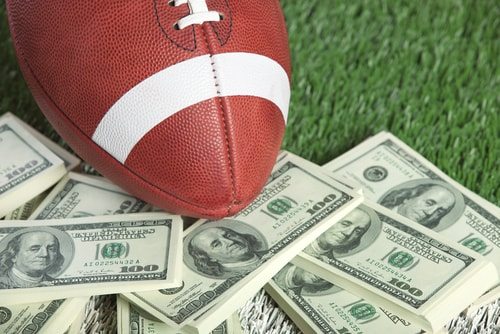
To start with, it does not truly matter how much money a school does or does not receive due to the popularity of its sports program. Any money that comes in is often spent just as quickly to maintain stadiums, and equipment, and to purchase what is needed to provide the athletes with the necessities to keep playing. Many schools are actually operating at a loss and must depend upon whatever money they can generate in order to continue such programs. Were athletes to be paid that cash flow would eventually dry up and the programs would cease to exist.
Added to this, most of the elite college athletes who are seen to excel are awarded scholarships that either help or cover their entire tuition. Many people think that college athletes are dirt poor, and in some cases, those who do not operate at the highest levels might need assistance. No single athlete is entirely without means though considering that unless they are a walk-on or are struggling to remain on the team, they will likely be on scholarship to keep them enrolled so that they can play. Student-athletes are often well-cared for and afforded the means to play while going to school. Plus, this brings the next point into greater focus.
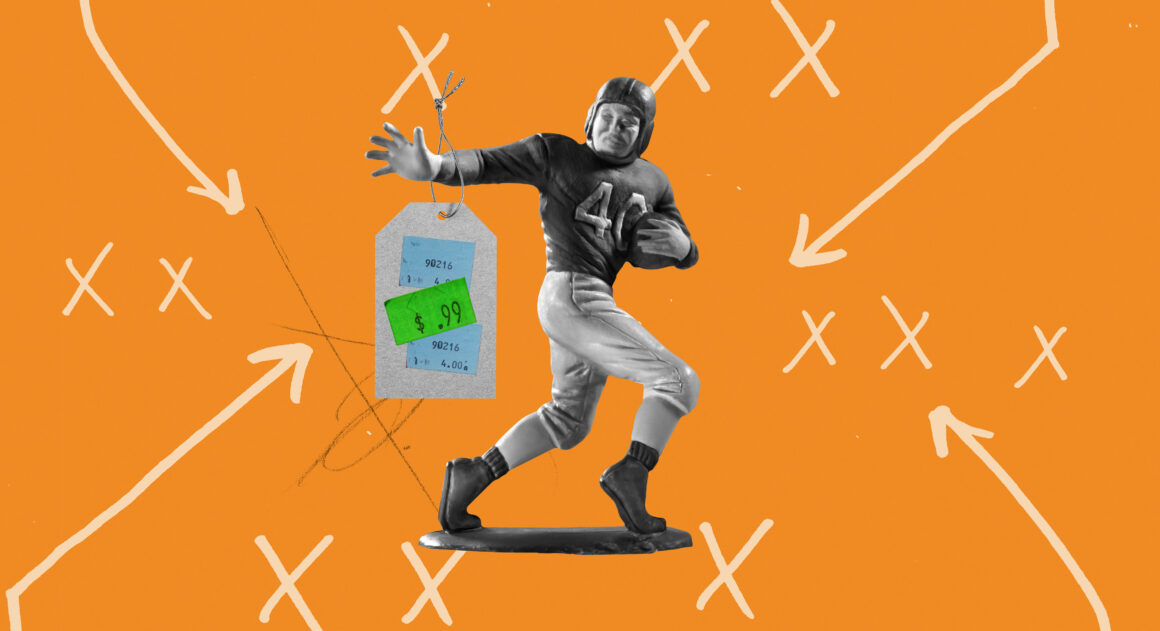
If college athletes were to be paid it likely would not be much, and would carry a stiffer penalty as well. Were athletes to receive a salary then their scholarships would be seen as taxable income and would be greatly reduced, thereby affecting their tuition status and quite possibly their eligibility. The problem of being paid to play college sports would create a very negative effect on athletes in that it would make them give up a great deal of the money that they already receive to attend school, which is important to their role as an athlete. Somehow this has been overlooked far too often.
Playing sports is a privilege until they go pro
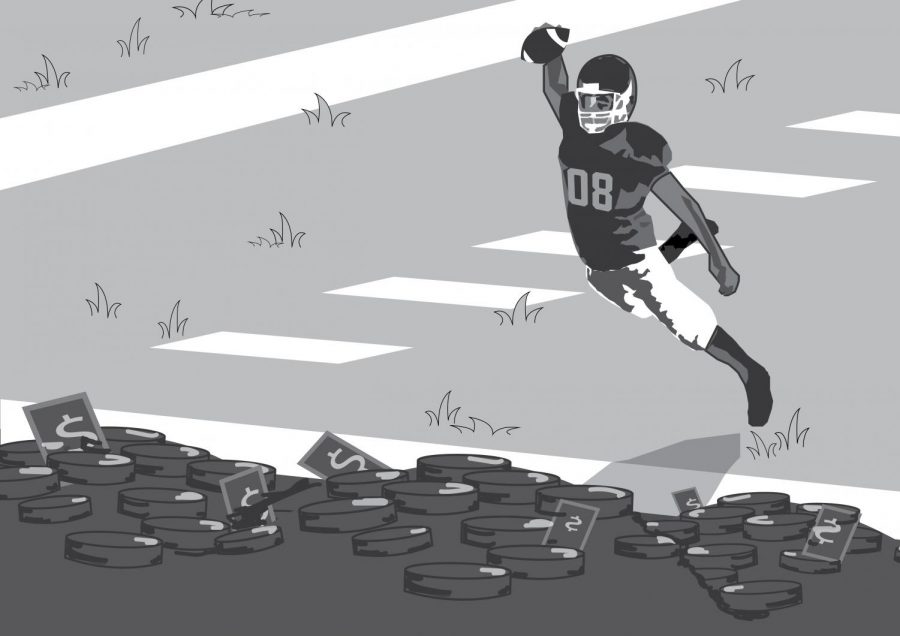
Many people watch college sports, and many enjoy a good Saturday or Sunday game, but one thing that eludes many people is that playing sports in college is a privilege. Making the transition from high school sports to college is a taxing and sometimes uncertain prospect, which is why such a low percentage of high school students actually make it this far. Playing for a college team, being sought after by the coaching staff, and being given the means to play college ball is a privilege that is usually afforded only to the very best athletes. As such, this is an honor all on its own and is not meant to be cheapened by treating the experience as one would a job.
In addition to this thought, there is no way that college athletes could be paid fairly. Some might think that an open market system would work, allowing supply and demand to pay a player based on their talent. But then this brings up the problem of how valuable a player is seen to be and what kind of value they believe they have. It is an uncertain and untenable system that would no doubt breed great jealousy and eventually ruin the entire idea of college sports. This also goes back to the fact that colleges simply cannot afford to pay their players.
Payment for the privilege to pay should in fact be among the last things on the mind of a student athlete. College sports are a pleasing distraction and should be treated as such despite the very real chance that some athletes might have of being recruited by professional scouts. During their average four-year tenure, however, students need to be free to learn, experience, and develop as they continue to grow. Too much pressure is already placed upon the shoulders of the average college student to treat them like professional athletes. By treating them this way the idea of school begins to fade and look far less appealing in comparison to the life and salary of a professional athlete. Far too many individuals have cut their college careers short in an attempt to earn the big money that their skills can afford them. Many athletes who have decided to forego their education in favor of making big money have found that without an education they have virtually no future if their sports career does not work out.
What happens to the university budget?
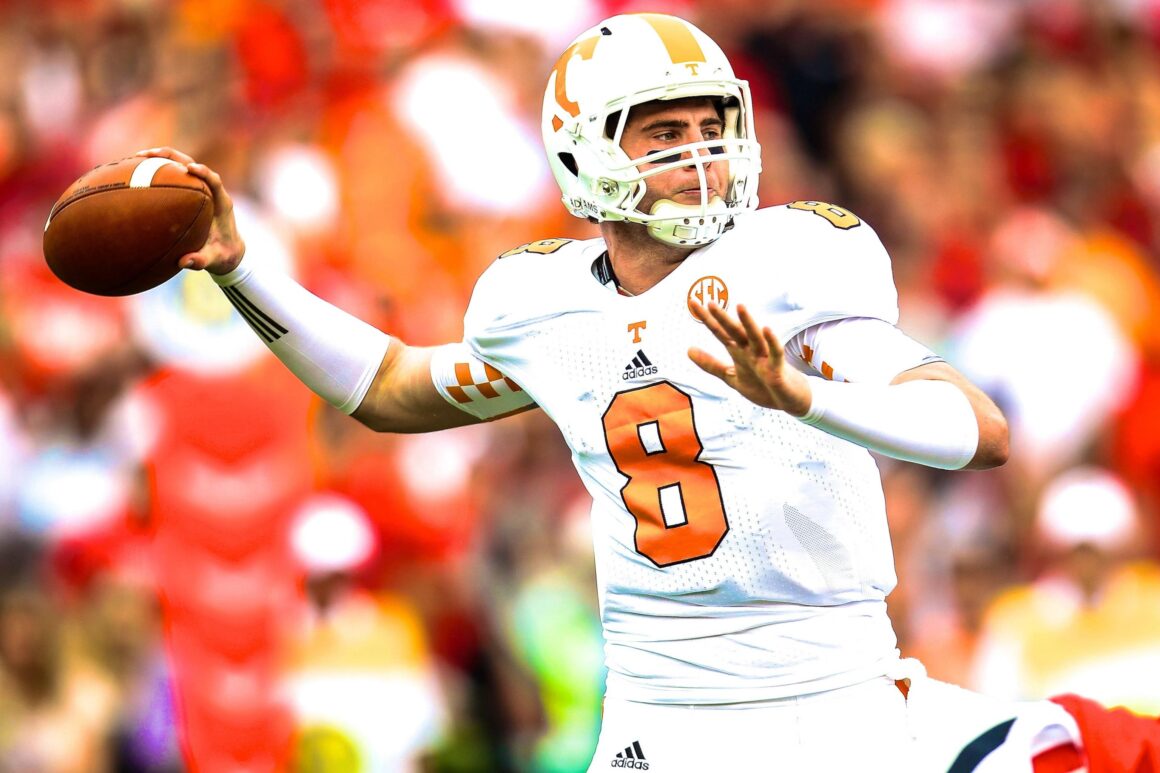
Also, if student-athletes were paid, this would necessitate budget cuts in other areas of their university, meaning that certain programs and functions would have been sacrificed in order to make ends meet. Depending upon what kind of salary was made available for every athlete it is likely that several schools would simply shut down and become all about sports if they were still capable of finding funding. Considering how many schools are currently operating in the red at this moment, it is by no stretch of the imagination that many schools would simply cease to exist if they were to allocate those needed funds to their athletes.
The current corruption that does exist would also not be halted or even slowed. Many people do not wish to discuss the matter or choose to believe that it does not exist, but corruption within the college system is very real. Sponsors, private parties, and anyone that has a vested interest in their athletes succeeding is a potential risk to an athlete and their sport. While it is not everyone commits this type of injustice, each person who does so only makes the matter worse. By allowing athletes to believe that they should be paid for what is a privilege, they create an air of entitlement that follows an athlete from their college career onward. More than this, they ensure that the college student that is “taken care of” will likely not see themselves as invaluable and thus create a very irresponsible persona. College students are often irresponsible enough to receive such an unneeded push. The average student-athlete plays for the love of the game, and this is what draws fans to college sports, to begin with. Once the passion is lost amidst the glaring dollar signs, then the sport has become the institution and is therefore ruined.
WTR? (Why’s That Radass?)
College athletes are known for their passion and desire to play at the pro level. They put hours and hours into perfecting their techniques, honing their bodies to the height of physical perfection, and all so that they can attain a dream that few ever get to realize. Those who think they are not compensated for the efforts often fail to realize that those elite athletes who are recruited by colleges are given partial or full scholarships that cover most if not all of their tuition, rendering such arguments quite moot. It must be remembered that these athletes are in college to learn first, and play second.
